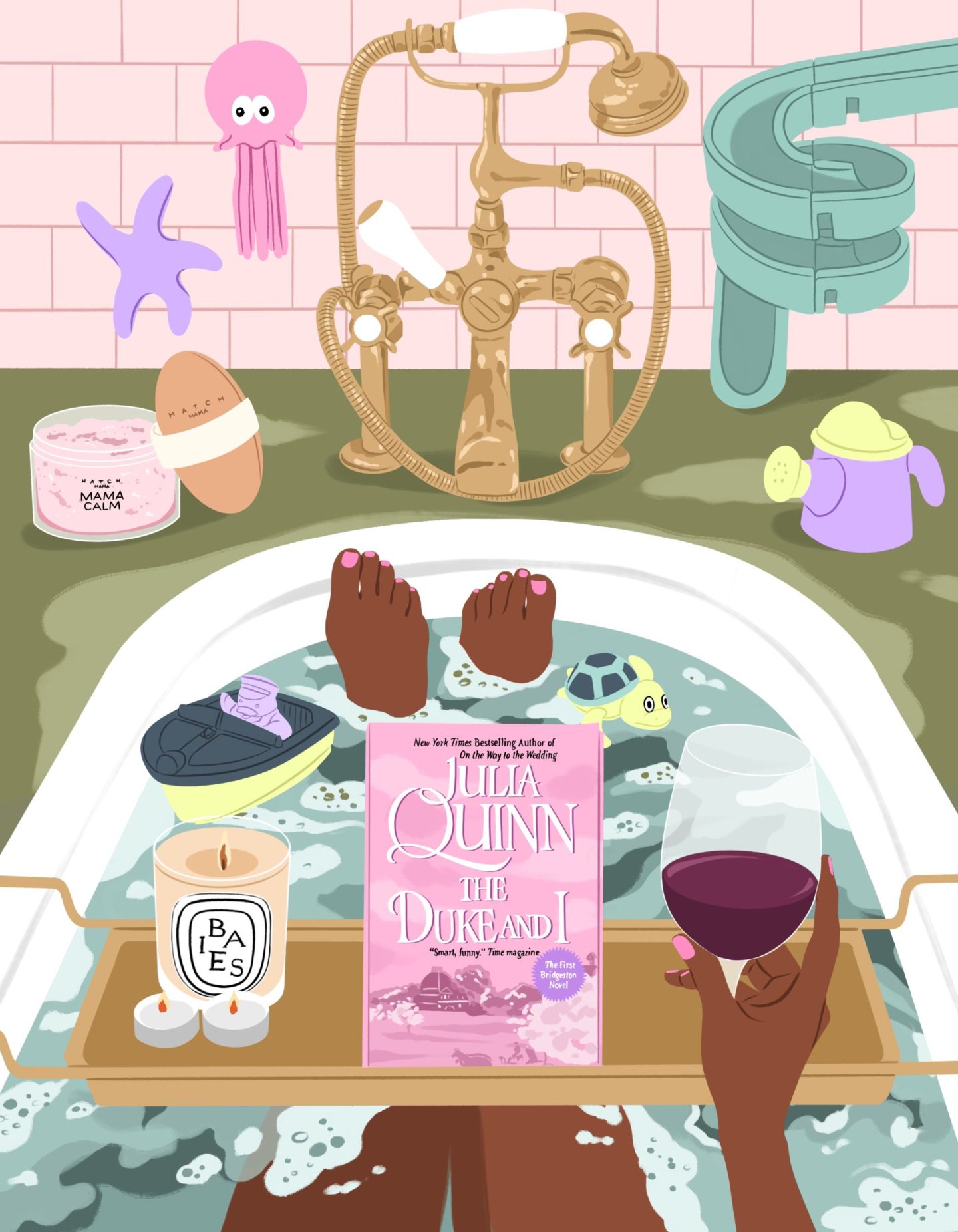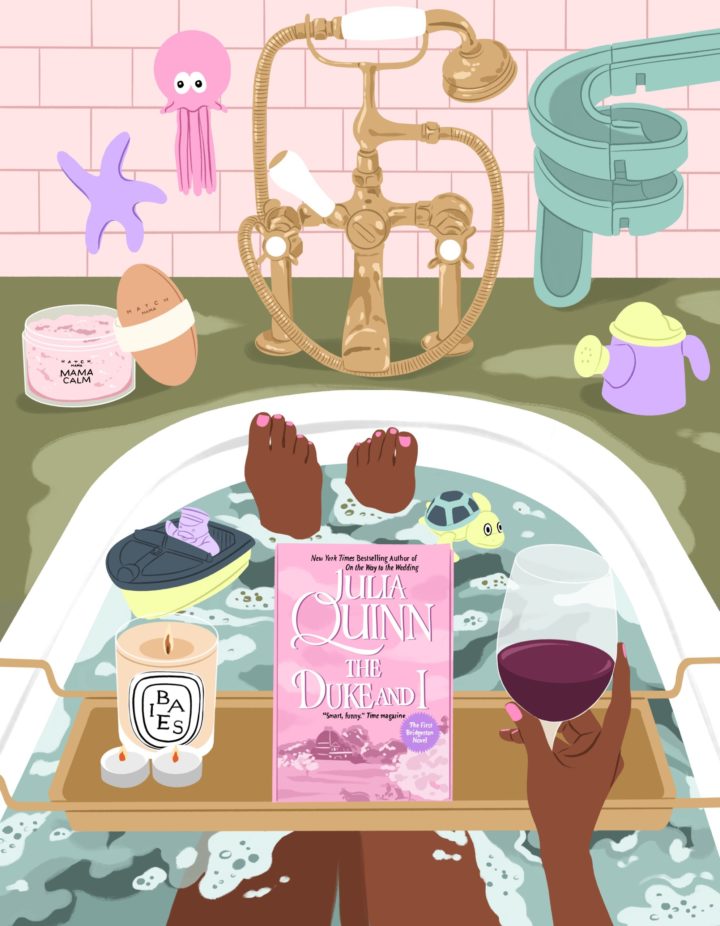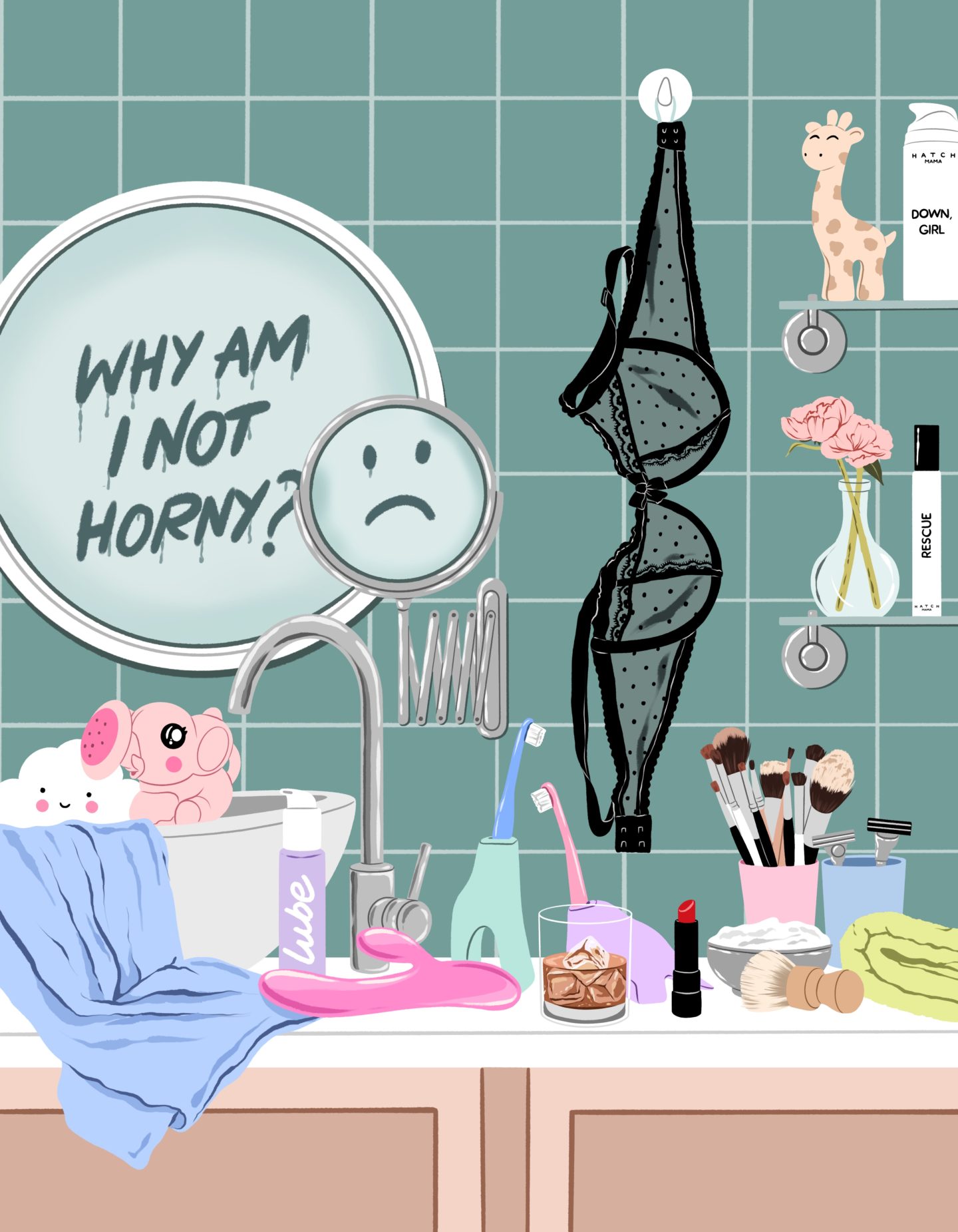Lindsay J., figured that once she got more sleep, she’d enjoy motherhood. But, by the time her daughter was two-years-old, sleeping through the night and all, she realized she still wasn’t into it. “The baby talk, the playdates, the mind-numbing conversation with other mothers and with her, it’s just not me,” says Lindsay. “I honestly don’t know when I’ll enjoy this experience and I feel so guilty for feeling this way.”
Nicole L. couldn’t wait to be a mother. After trying for over two years, first naturally and then via IVF, she felt like all the work it took to reach that point would only make her appreciate having a baby more. But something odd happened. She felt exactly the opposite. “I didn’t – and still don’t – love being a mom,” says Nicole, whose daughter is now 11 months.
“I don’t think I anticipated the total lack of freedom I have, not to mention sleep, and the toll it has taken on my relationship with my partner. I hope one day I’ll feel differently.”
For so many women, the idea that we are supposed to be obsessed with motherhood from the second we deliver is a myth that’s been forced down our throats with every sitcom and Instagram post on the planet. But, in reality, it’s not always that easy. The sudden life change, compounded with the hormonal and physical toll of childbirth leaves many mothers with emotions that aren’t always what they expected. Worse, they end up feeling disappointed with themselves that the idea of having a child isn’t simply “the best thing ever.
“
“If we have strong expectations, it is easy to become discouraged or even depressed at our mixed feelings of newborns and the transition into becoming a mother,” says Jacqueline Furst, a therapist based in New York. “When these expectations of ‘bliss and amazement’ are met with exhaustion and disinterest, mothers can find them themselves embarrassed and depressed. And because we rarely talk openly about what motherhood is really like, some new mothers fail to admit these feelings to the people close to them and in turn don’t get the support they need.
”
When these expectations of ‘bliss and amazement’ are met with exhaustion and disinterest, mothers can find them themselves embarrassed and depressed.
So what’s a mama who’s less-than-siked at her new role to do? First, don’t judge yourself too hard. Feel the feelings, good, bad or indifferent, and try to talk about it – be it with a therapist or someone you trust. And remember that there is no right or wrong to how you should feel about mothering.
“You can always make sure your child is well cared for despite your feelings, says Furst. “A woman will be her best possible mother through compassionate understanding of her real feelings, not by pretending and inauthenticity.”
But mama, if you think your feelings are really big, and you’re having a hard time getting them in check, you could be dealing with postpartum anxiety disorder, and you should contact your healthcare provider ASAP. Be honest to yourself and in getting the help you need.




